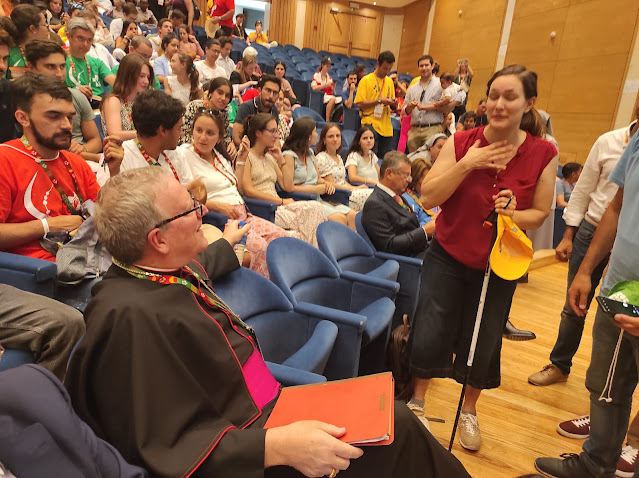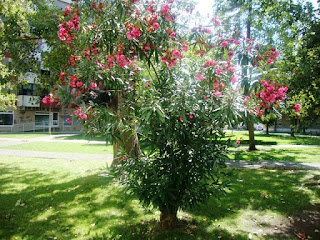Yesterday was Tommy's first day of 1st grade. He cut his own bangs for the occasion. 😂✂️
The third time around this "leaving at school business", it was easier. When Adelaide went to first grade (last picture), I would be anxious and praying for her the whole day. When Daniel dropped Davy off two years ago (second to last pic), I was checking into the hospital to have Lettie lightly induced at FORTY TWO weeks. (Some of you might be thinking: I didn't know you could wait so long! You "can't" in the sense that doctors don't like it, but you should be able to make your own (informed) medical decisions, freely.)
Anyway, Lettie was born and I couldn't wait to know about his day at school and support him during his first weeks.
Little did I know that there was already a hospital bacteria (came in with the epidural needle), growing on my lower spine. I spent some very painful and scary-for-the-kids days. It was probably traumatizing for them seeing their mom writhing and crying with pain for days. Finally, I had my operation, spent 10 days at the hospital and came home, but with an entourage of nurses twice a day, physical therapy twice a day, personal higiene, etc.
.....so, do you get the idea? There went the supporting Davy.
This time around we were all relaxed, we took pictures and talked to the other families we love. A lot better!





















































